Advocacy for Accessibility
By: Advocacy for Accessibility | December 11, 2024
UNICEF is in a strategic position to influence how accessibility is taken into account in development and emergency projects. In fact, as UNICEF collaborates with diverse stakeholders – including governments, United Nations agencies, donors, civil society, non-governmental organizations, and academia – UNICEF staff members are well placed to advocate for the accessibility of programmes and premises to promote the inclusion and participation of children and adults with disabilities.
To continue reading this article, please click here > > > > > > >
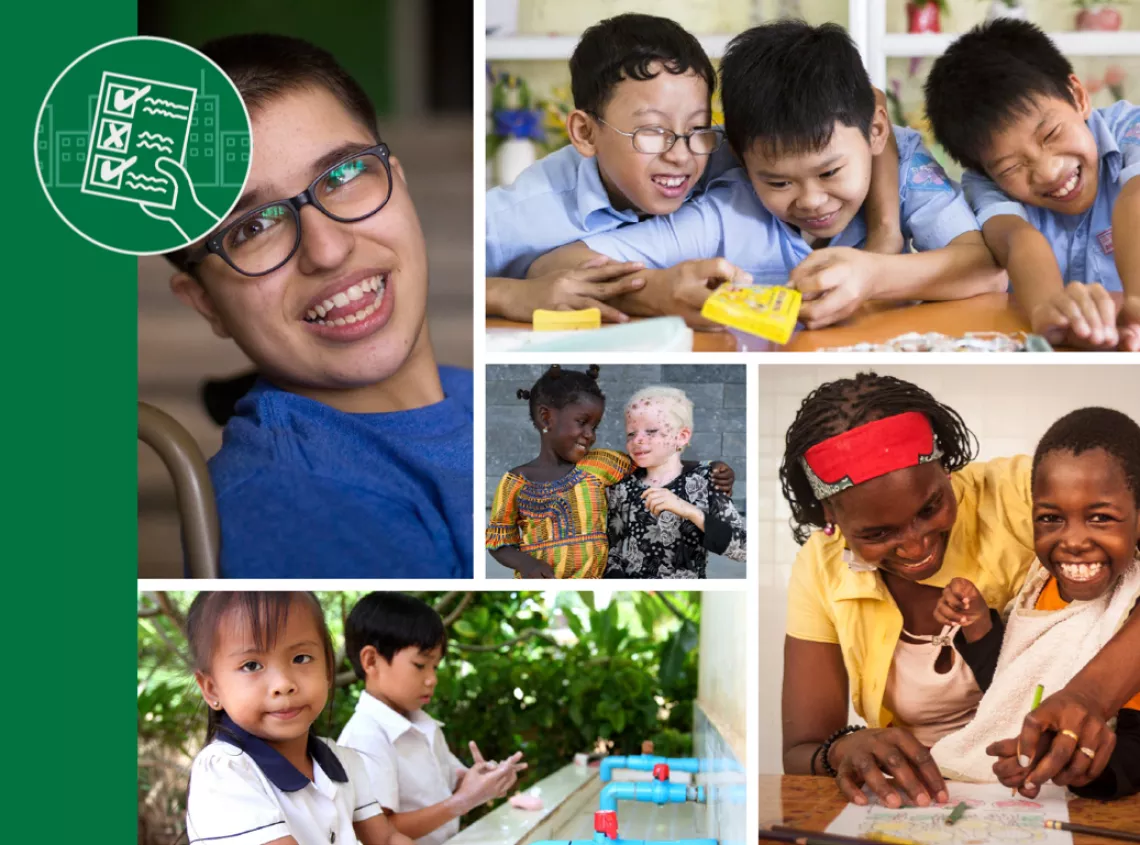
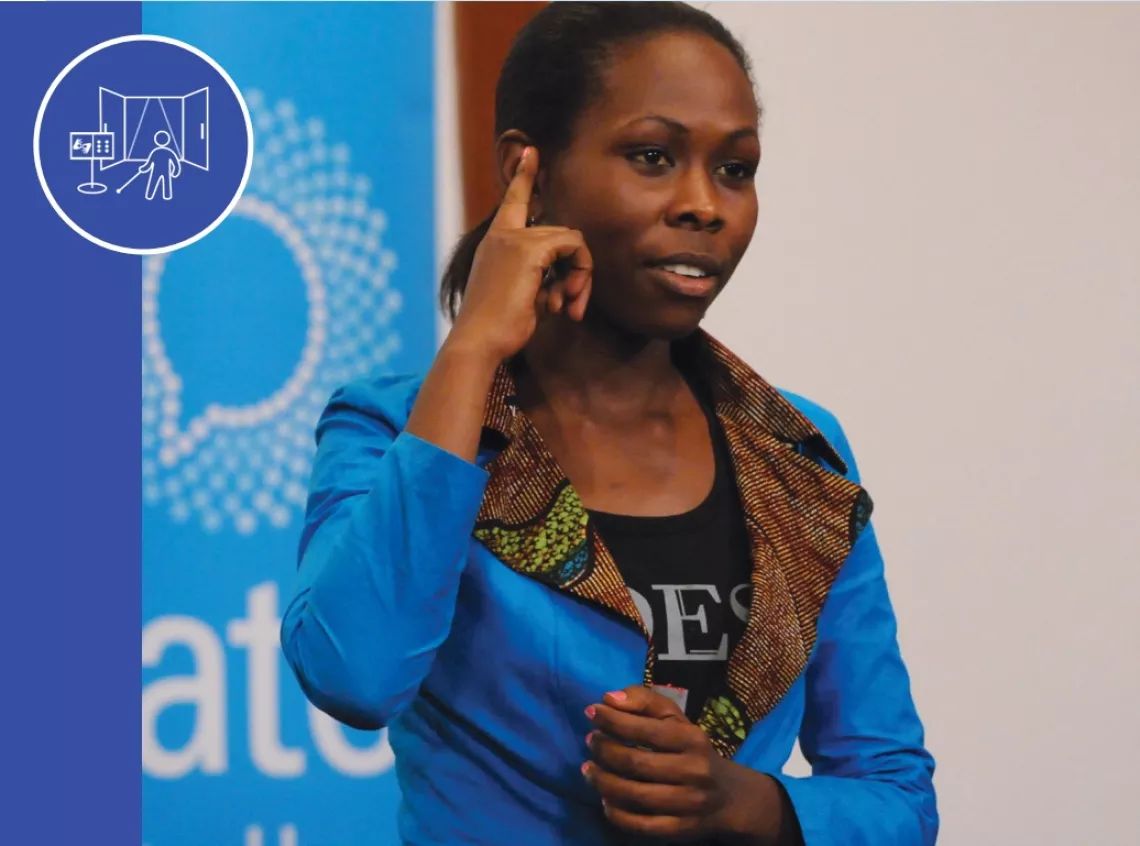
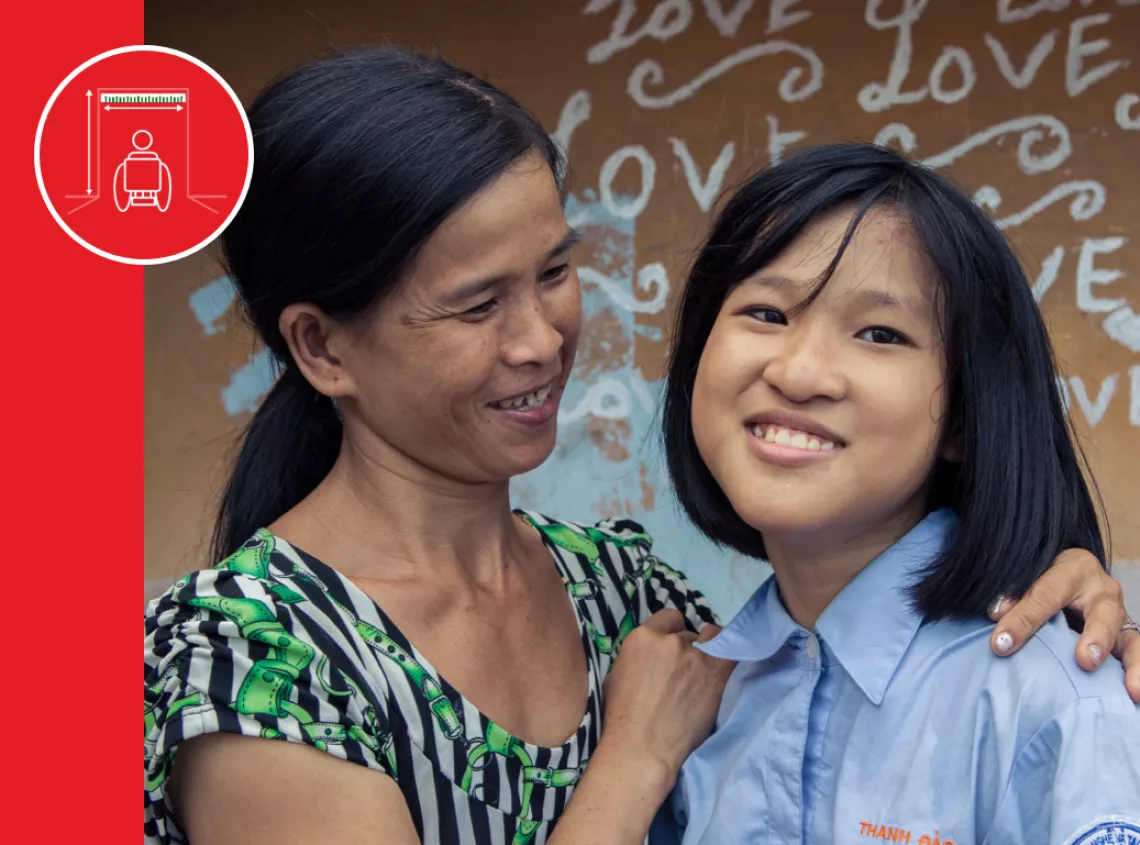

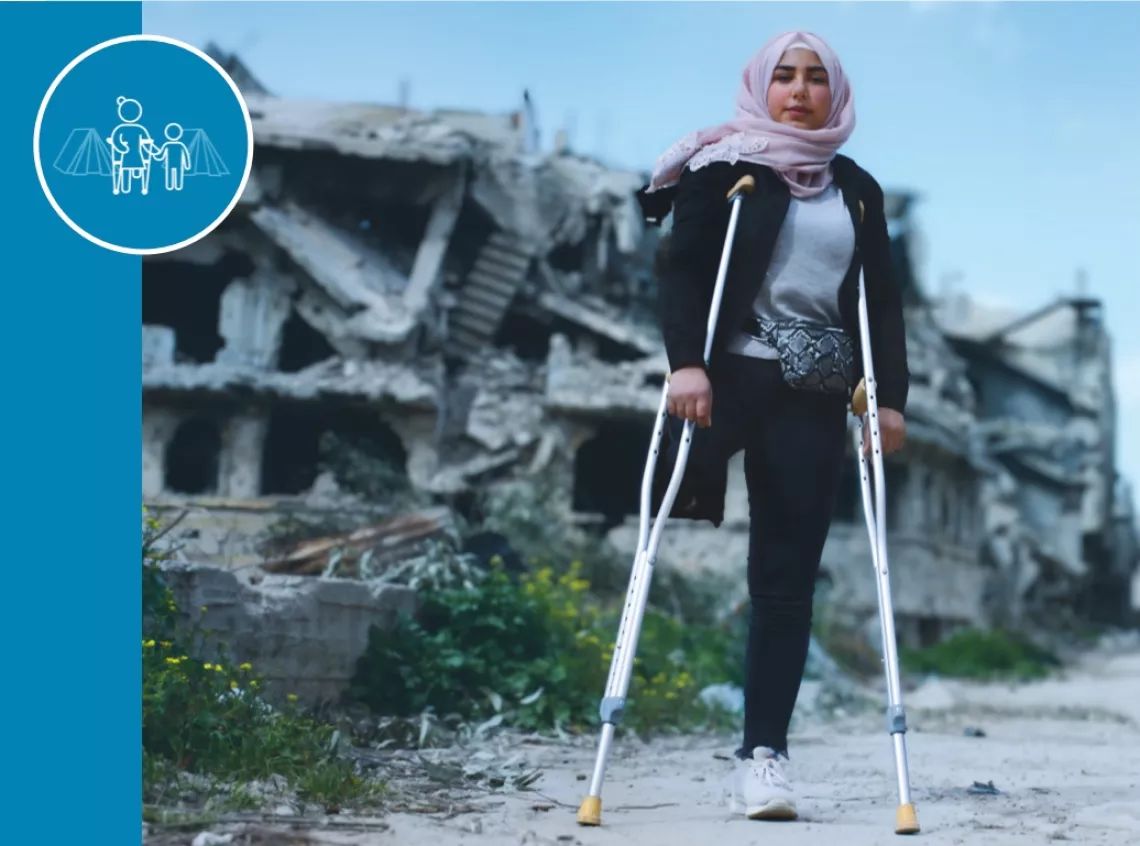
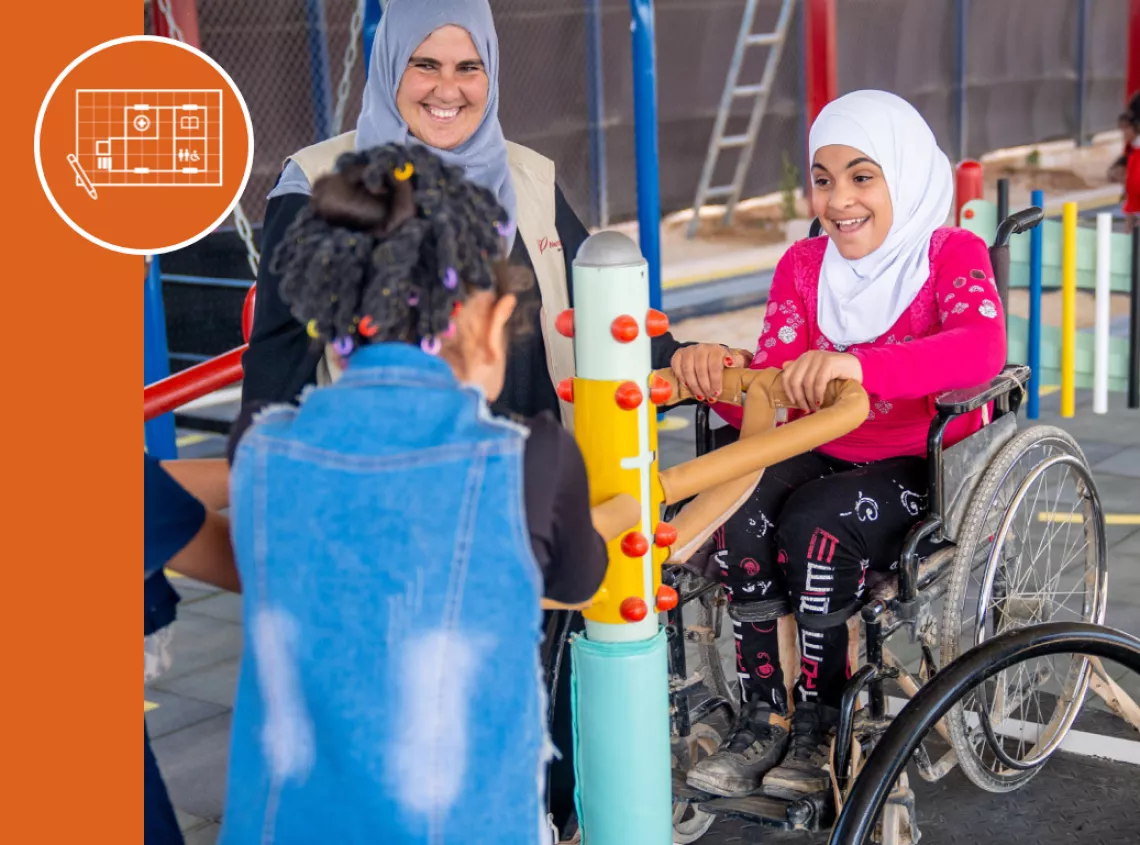
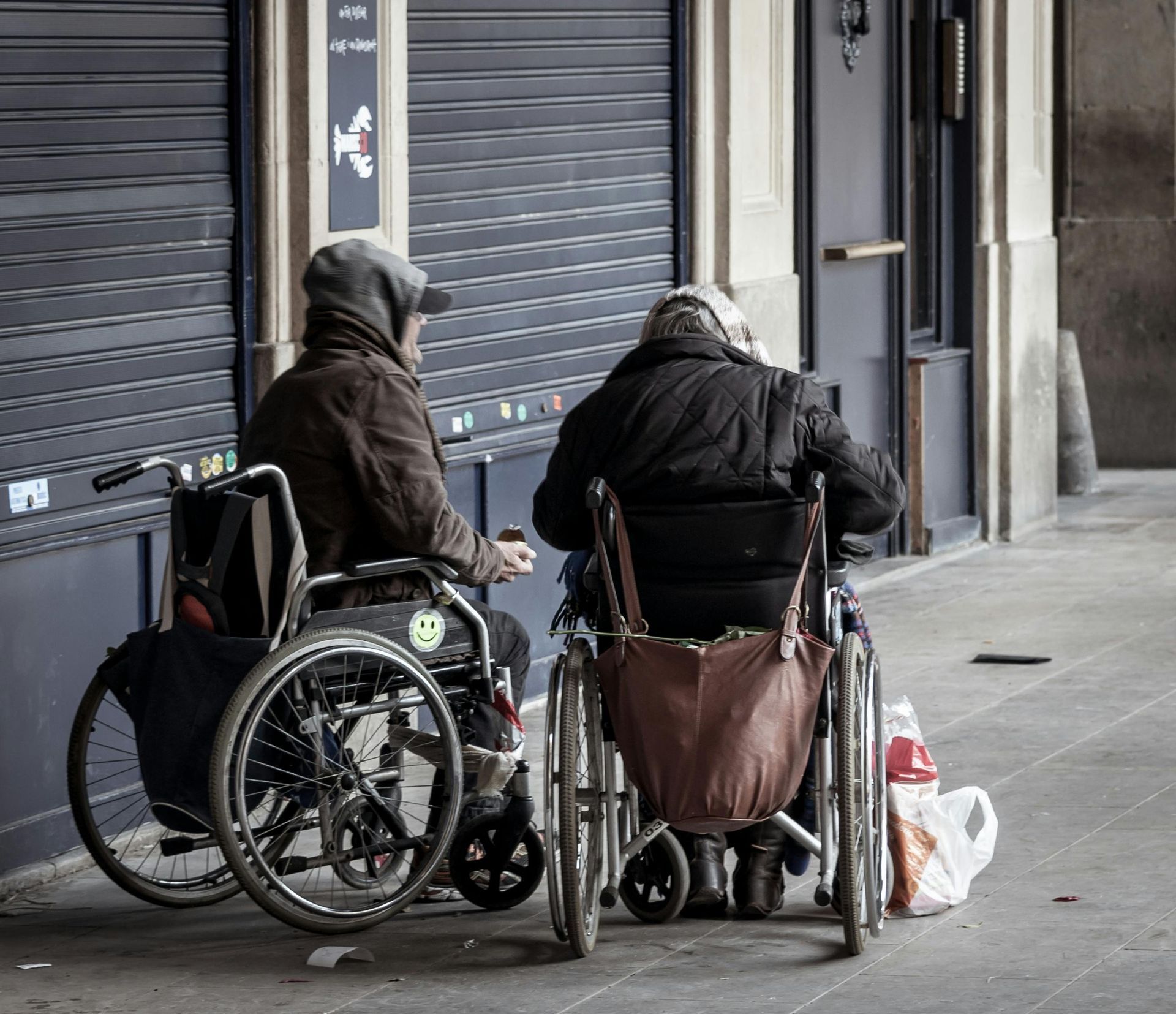
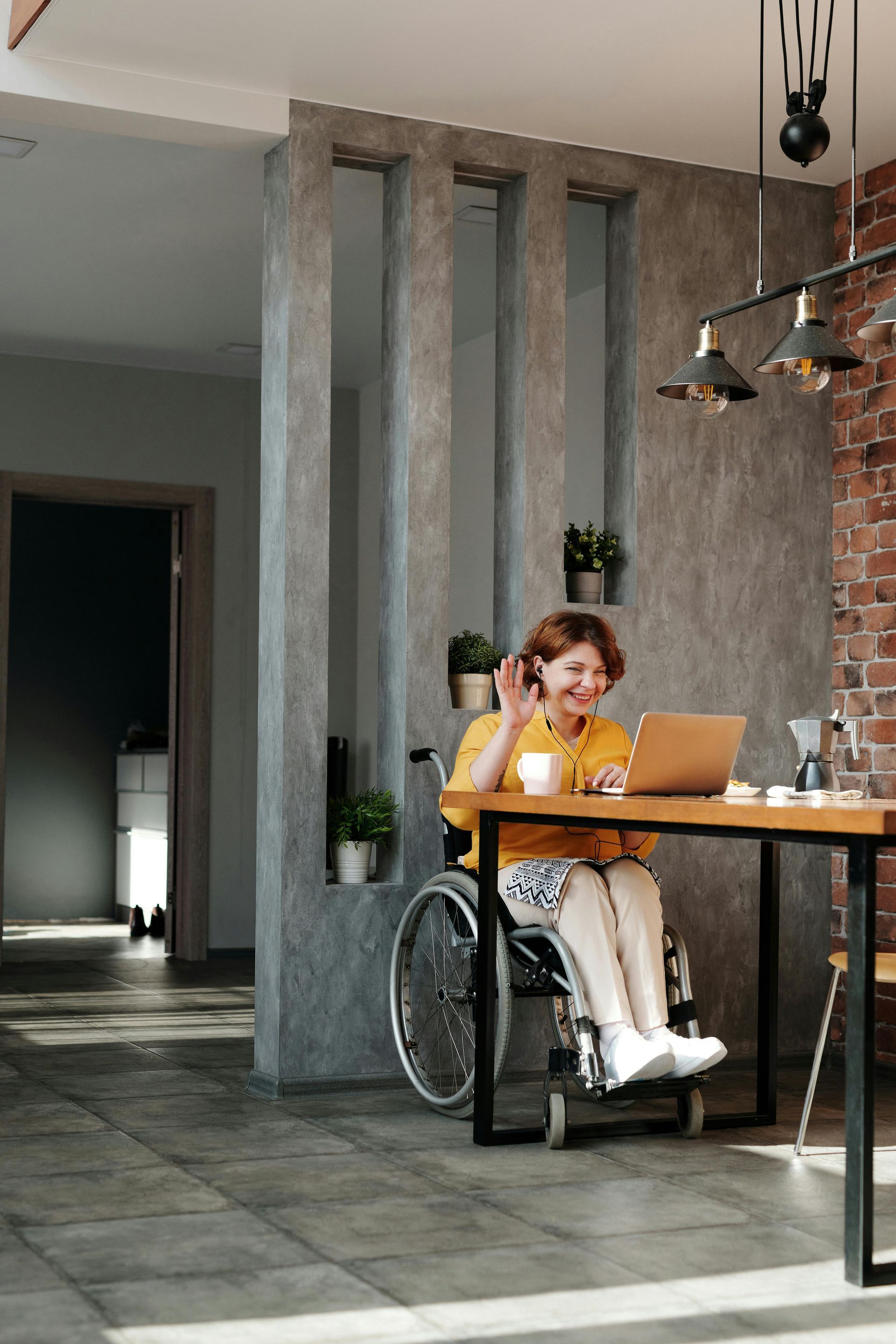
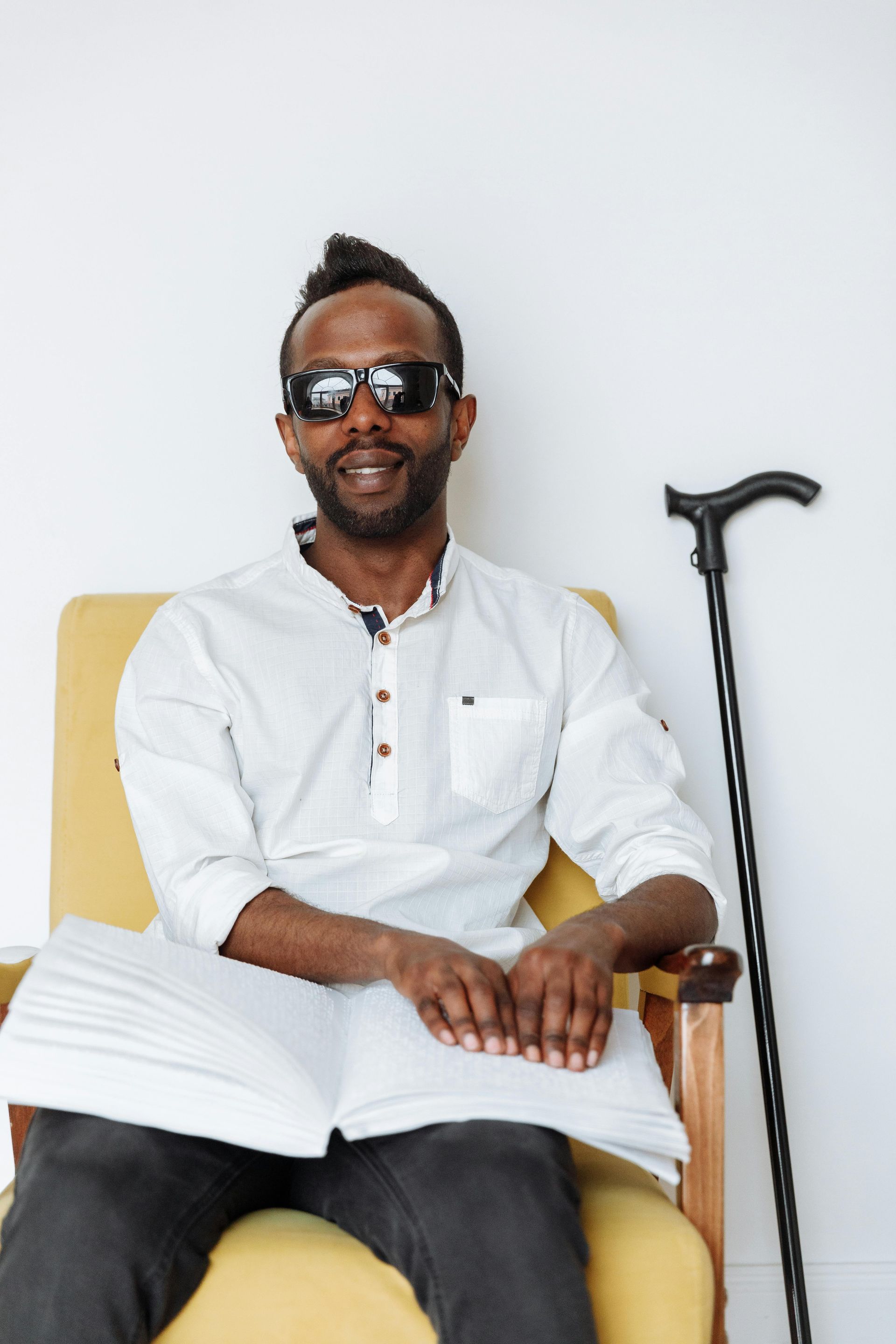
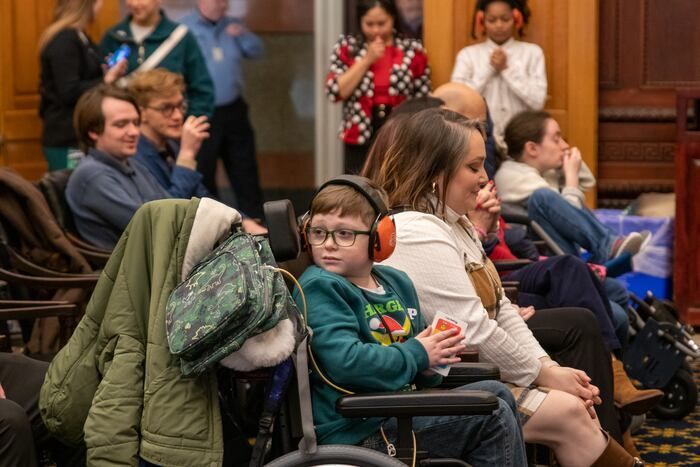
PHED Mobility LLC
55335 Corwin Road
Elkhart, IN 46514
Phone
(574) 226-4104
Please view PHED Mobility's Google reviews by clicking on the Google icon above.
PHED Mobility LLC is a Service -Connected Disabled Veteran Owned Small Business.



All Rights Reserved | PHED Mobility LLC